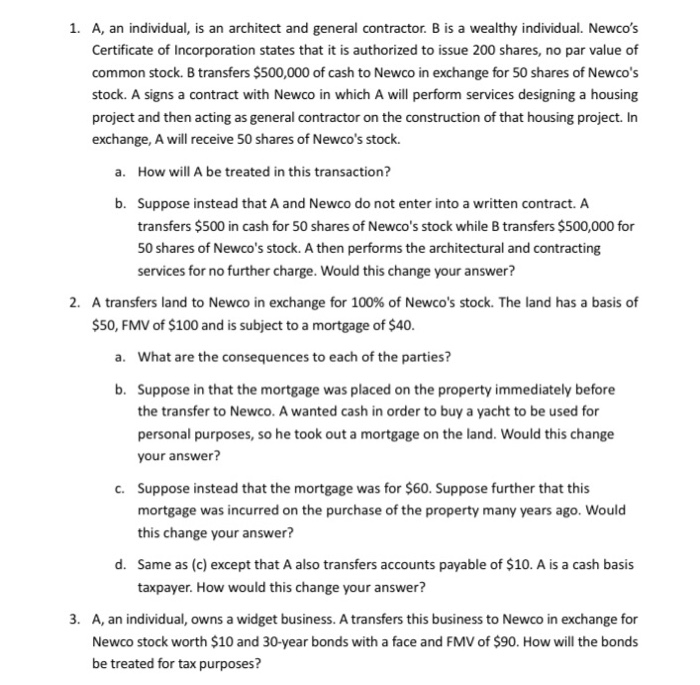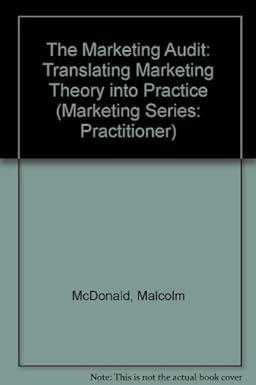Answered step by step
Verified Expert Solution
Question
1 Approved Answer
could you please answer any/all of the questions above? s 1. A, an individual, is an architect and general contractor. B is a wealthy individual.
could you please answer any/all of the questions above?
s

Step by Step Solution
There are 3 Steps involved in it
Step: 1

Get Instant Access to Expert-Tailored Solutions
See step-by-step solutions with expert insights and AI powered tools for academic success
Step: 2

Step: 3

Ace Your Homework with AI
Get the answers you need in no time with our AI-driven, step-by-step assistance
Get Started


